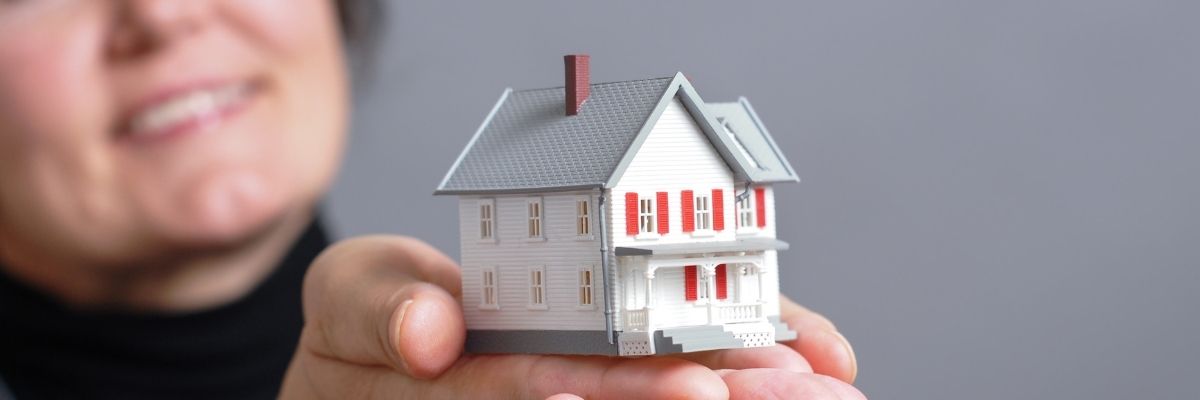Índice de contenidos
What is Bare Ownership?
Bare ownership is an increasingly popular alternative, especially for elderly people who wish to sell their property and continue to live in it while covering their care costs until the end of their lives. Bare ownership allows the seller to receive an extra payment to live more comfortably. This option can be particularly interesting for people who have a meagre retirement pension and at the same time own their own home.
It is referred to as bare ownership because it is naked. The buyer acquires the property but cannot use or enjoy it, there is no right of usufruct.
Advantages of buying a property through bare ownership
There are many advantages for both the seller and buyer
For the seller
-The seller has the usufruct of the house, so he or she can continue to live in it and also rent it out until the time of death. If, for example, the person needs to be placed in a nursing home, he or she could rent out the property and offset the costs of the nursing home.
-The right of usufruct can also be sold to the bare owner so that he or she can freely dispose of the property.
Guarantees
-To be registered with the Land Registry
-The formalisation of bare ownership must be carried out with legal guarantees through a Notarial Instrument before a Notary.
-The lifelong right of usufruct is recorded in the Instrument.
For the buyer
The buyer acquires the house at a price below market value, which makes it a good investment in the medium/long term, as the property will have appreciated in value by the end of the usufruct. In addition, it’s a way to invest in property by making monthly or regular payments, rather than having to provide a lump sum or requiring a large deposit.
Difference between bare ownership and usufruct
It is necessary to distinguish between bare ownership and usufruct, as they are different rights.
The bare owner is the owner of the property but may neither enjoy it nor exploit it for financial gain. The rights of enjoyment and exploitation belong to the usufructuary.
The usufruct may be for a fixed term if so stipulated in the contract or for life, until the usufructuary’s death. The bare owner will enjoy the property once the usufruct ends or terminates.
What happens when there is more than one homeowner?
Should there be more than one homeowner (this can happen with older married couples), it is more common to establish what is known as a “successive usufruct”. Therefore, even if one of them passes away, the usufruct remains in force until the death of the partner or those designated as such
Who bears the costs
Buyer’s costs
The buyer covers the costs of the notary, the Land Registry, the Property Transfer Tax (ITP in Spanish) and the municipal Capital Gains Tax. Also, the expenses of the Community of Property Owners, extraordinary payments or real estate tax (IBI in Spanish). Stamp Duty is also payable when the seller passes away.
Seller’s costs
The usufructuary has to pay the expenses related to the property’s utilities, water, gas, electricity, etc.
Difference from a reverse mortgage
The sale of a property through bare ownership is a definitive transaction. There is no way back; neither the owners nor the heirs have any way of recovering the property, as is the case with a reverse mortgage.
With a reverse mortgage, the bank pays a monthly amount to the owner so that they can supplement their pensions and if the owner or the heirs later want to repossess the property, they will have to pay back the amounts borrowed.
More and more people are resorting to sales through bare ownership to enjoy their wealth and share it with their loved ones, while continuing to live in the same house they’ve always lived in and supplementing their pension. Isn’t this an interesting option?
At Mediterráneo Homes we manage sales through bare ownership. Contact our real estate experts for a no-obligation consultation and if you have a rental property, we inform you here about the 2021 new leasing law.
